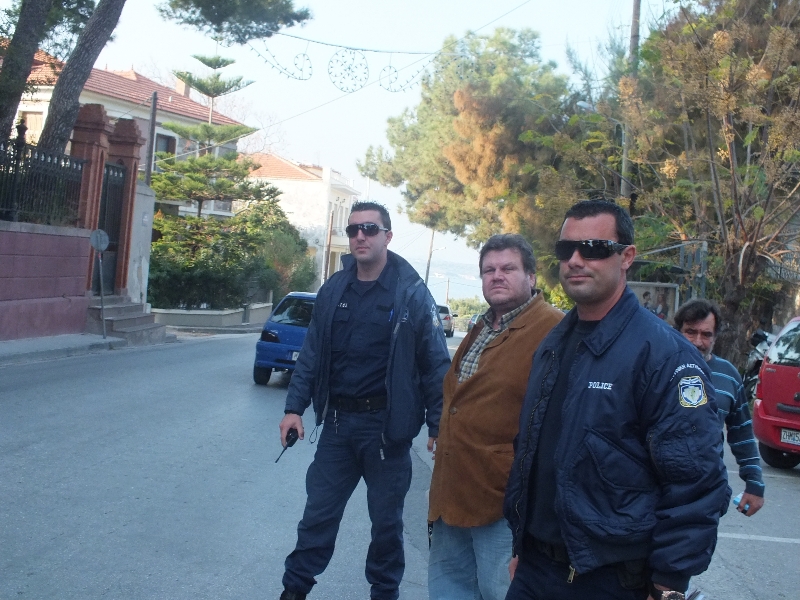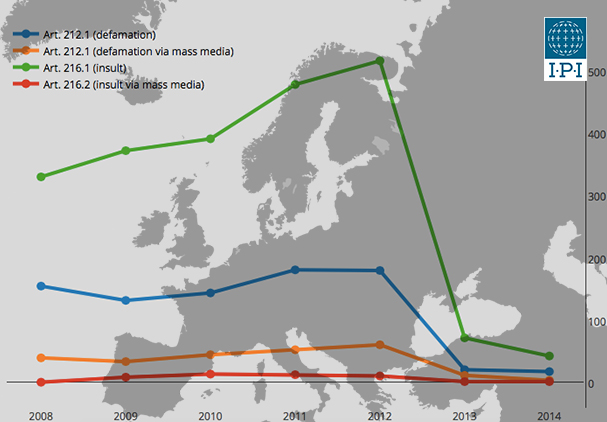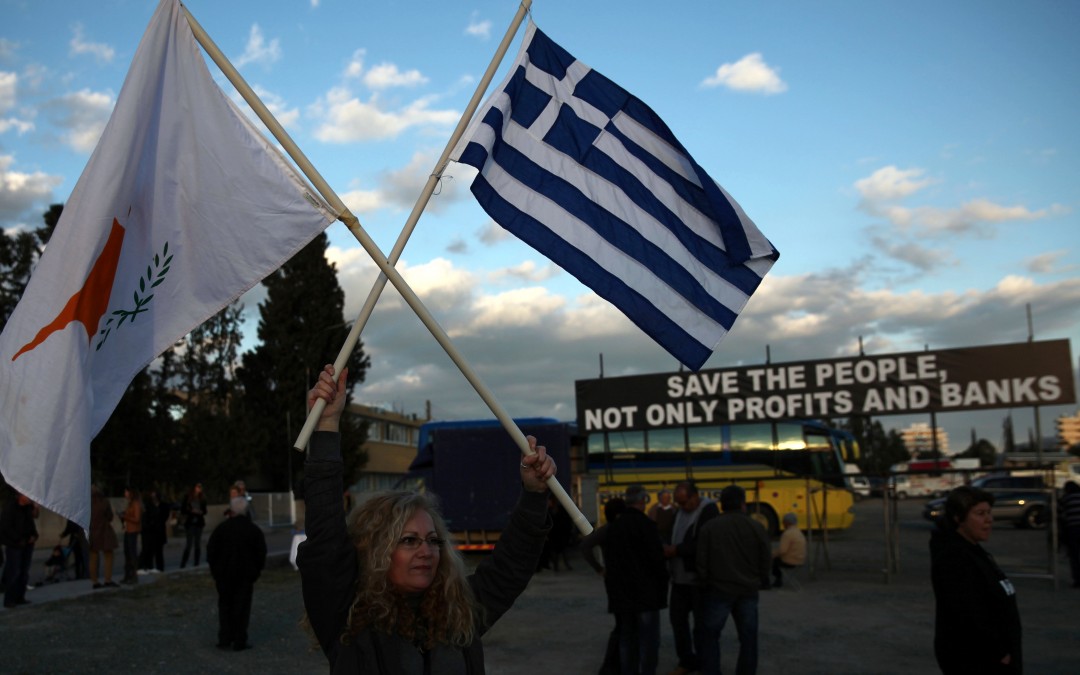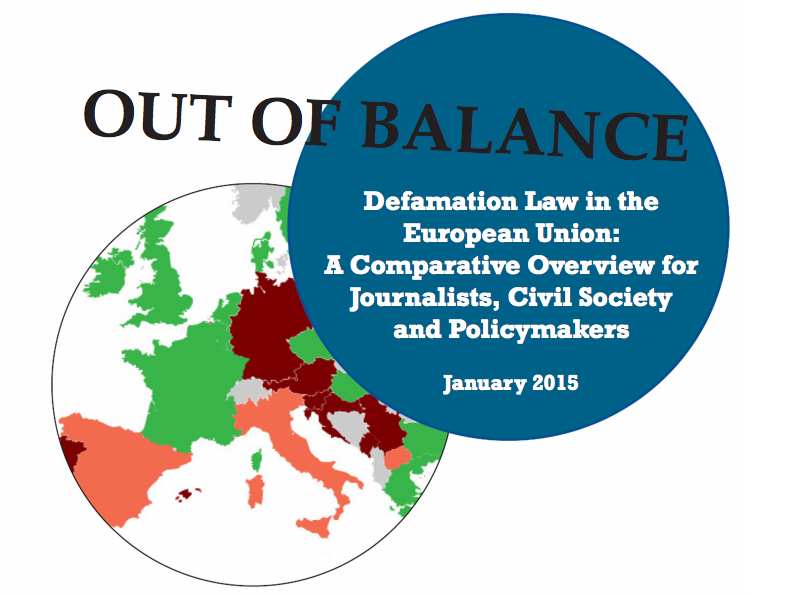Monitoring report: Defamation laws still concern for Europe media
January 30th, 2018
| Country | Type of Law | ||||

“There is no worse thing for a journalist than to sit in a courtroom and hear that he has been sentenced to prison for doing his job,” Greek journalist Stratis Balaskas recounts.
Nearly two months ago, on July 11, Balaskas found himself exactly in this position after the Northern Aegean Court of Appeals confirmed a guilty verdict against him for insult and sentenced him to three months’ imprisonment.

VIENNA, Jan 5, 2016 – The International Press Institute (IPI) and the South East Europe Media Organisation (SEEMO) today welcomed the passage of legislation intended to strengthen protections for the Greek media in defamation cases.
Greek lawmakers on Dec. 22 overwhelmingly approvedcritical reforms to Greece’s Press Law, popularly known as the “press killer”, that were included in a bill legalising same-sex civil partnerships.

VIENNA, Nov 16, 2015 – New draft legislation intended to combat the abuse of Greece’s civil defamation law in cases involving journalists marks a step in the right direction, but must be complemented by the repeal of criminal defamation, the International Press Institute (IPI) and the South East Europe Media Organisation (SEEMO) said today following a joint three-day visit to Athens.

VIENNA, Sept 3, 2015 – Germany towers over its European Union neighbours when it comes to the number of instances in which criminal defamation laws are applied, the surprising results of an International Press Institute (IPI) special investigation released today show.

VIENNA, April 13, 2015 – The International Press Institute (IPI) and the South East Europe Media Organisation (SEEMO), an IPI affiliate, today condemned a Greek court ruling sentencing prominent investigative journalist Kostas Vaxevanis to 26 months in prison for libel.

VIENNA, July 17, 2014 – An International Press Institute (IPI) report on defamation law in the European Union (EU) indicates that EU member states fall dramatically short of fulfilling relevant international standards on freedom of expression, with the vast majority maintaining criminal defamation provisions that threaten the media’s ability to report on matters in the public interest.